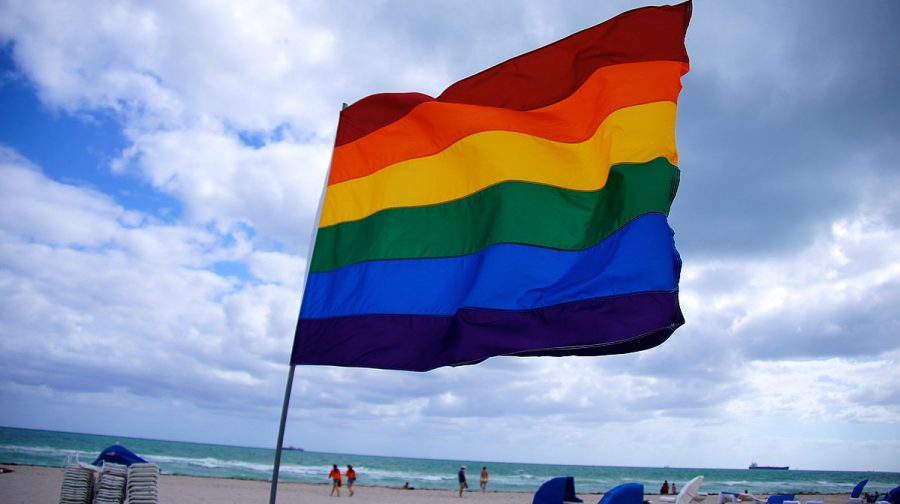The Florida Parental Rights in Education bill, better known as “Don’t Say Gay,” was approved by the Florida House of Representatives Employment and Education Committee, a critical step in the advancement of the bill through the state legislature.
Sponsored by Republican Sen. Dennis Baxley, the bill seeks to “reinforce the fundamental right of parents to make decisions regarding the upbringing and control of their children,” according to its text. The bulk of the four-page bill details parental notification procedures that districts must follow and grants a measly one sentence to the most important section.
Section Three states, “A school district may not encourage classroom discussion about sexual orientation or gender identity in primary grade levels or in a manner that is not age-appropriate or developmentally appropriate for students.” The lack of specificity is troubling, especially given the content of Section Four, which would give parents the right to sue the school district if they feel the rights outlined in the bill were violated.
Even though Section Three raises the facade of the existence of permissible classroom discussions, the next section effectively ends them entirely. Without clear boundaries defined in the Section Three, parents would be inclined to sue districts whenever their personal beliefs are challenged, even if topics are “age-appropriate.” Section Four is not just punitive towards districts, it also serves as a deterrent against educators engaging in open discussions at all.
The bill also uses convoluted language, failing to precisely outline the criteria schools must follow. What does it mean for a discussion about sexual orientation or gender identity to be “age-appropriate?” Primary school classrooms are not talking about sex. Elementary school kids are curious by nature; they want to know why their friend has two dads. When a teacher shuts down the topic, in fear of parental backlash, kids will think it is weird, wrong or abnormal–or worse, they turn to the internet for their questions instead of a safe environment.
Junior Ryan Stender noted his concern about the bill. “It’s a matter of respect. If a kid comes to class with a question and they aren’t taught to treat the subject with respect, then it really just perpetuates the stigma. And if their parents have told them one thing at home, then it’s just an echo chamber of prejudice,” he said. “It just feels like we’re going the wrong way as a country.”
Furthermore, the proposed legislation would be detrimental to all the progress that the LGBTQ+ community has worked so hard to achieve. “The biggest thing is that not talking about [it] doesn’t mean gay people don’t exist. And a lot of kids who may have a gay family member or who are gay themselves aren’t able to talk about their family or express themselves,” stated junior Arissa Khan. “It’s really harmful to everyone because not talking about the LGBTQ community denormalizes its existence and promotes hate.”
In addition to being fundamentally harmful, the bill is also hypocritical. Section One states that districts must notify parents if there are changes in a students mental or emotional well-being or in the school’s ability to provide a safe and supportive environment. Compared to the damage that Section Three would do, the irony is almost laughable.
All of this begs the question: Is Iowa next? As the bill makes its way through the Republican-dominated Florida state legislatures and with expressed support from Gov. Ron DeSantis, it is becoming clear that it will almost certainly be signed into law. With Iowa being a conservative state with Republican control across the state Senate, House of Representatives and governorship, similar legislation would not be surprising.
This bill functions behind a false image of parents’ concern for their children’s education. It is yet another perfect example of politicians going after vulnerable groups in an attempt to score cheap points and maintain an ever-slipping hold on power.









